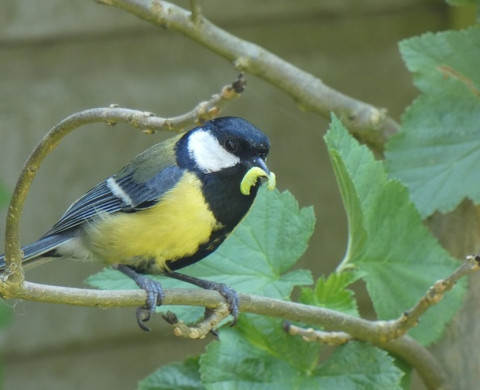HabQual: Habitat matching or local adaptation: how does habitat quality drive variation in cognitive traits

Details
- Department
- Animal Ecology
- Research group
- Van Oers Group
- Funding
- NWO Open Competition
- CSC Scholarship
Rapid human induced environmental changes have large consequences for the quality of the habitat in which animals are living. An essential question is whether these animals are able to adapt to these changes. Theory predicts that natural selection on cognitive traits, which are broadly defined as traits related to collect, retain and use information, should increase under suboptimal conditions. However, the relationship between cognition and variation in habitat quality has rarely been investigated and it is largely unknown how individuals use their cognitive abilities to adapt to local circumstances. In this project, we will assess the association between variation in habitat quality characteristics and cognitive performance in a long-term study population of great tits (Parus major), a model species for a range of ecological and evolutionary questions. We will test in both a natural and a controlled captive setup, how habitat quality may affect cognitive performance of individuals. By means of three experiments, we aim at inferring the causes and fitness consequences of individual variation in cognitive ability on the potential of individuals to adapt to differences in habitat quality. These results will help us to predict the limits for species to adapt to changes in habitat characteristics, which is especially important in the light of actual ecological impacts of habitat changes worldwide.
Details
- Department
- Animal Ecology
- Research group
- Van Oers Group
- Funding
- NWO Open Competition
- CSC Scholarship
Experts
-

-
Eva Serrano Davies
Postdoc , Animal Ecology
